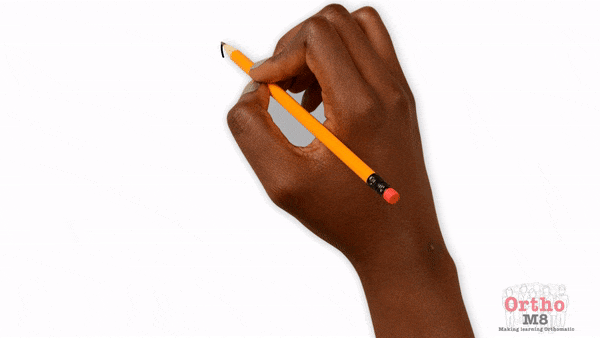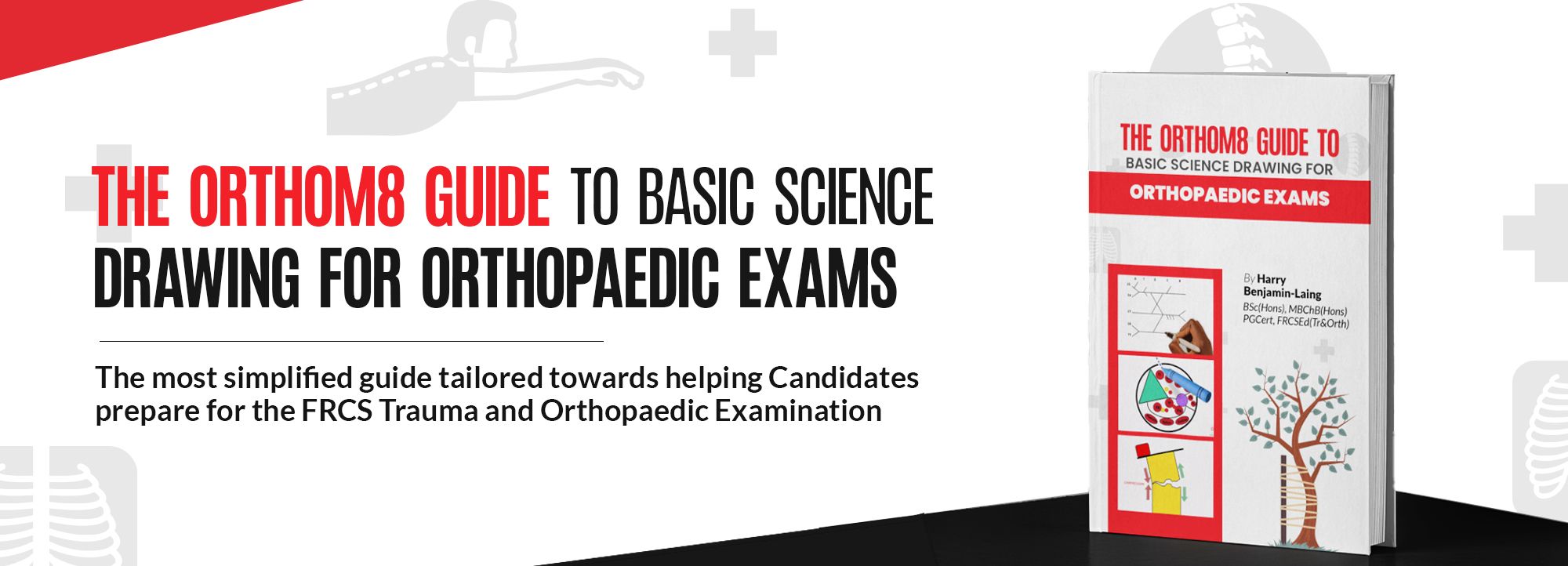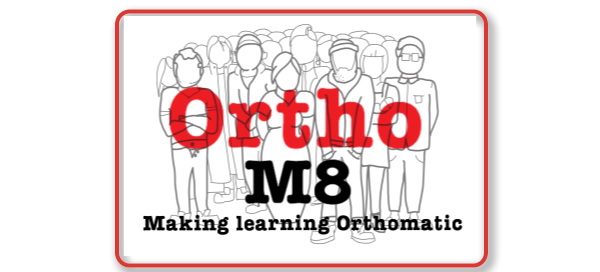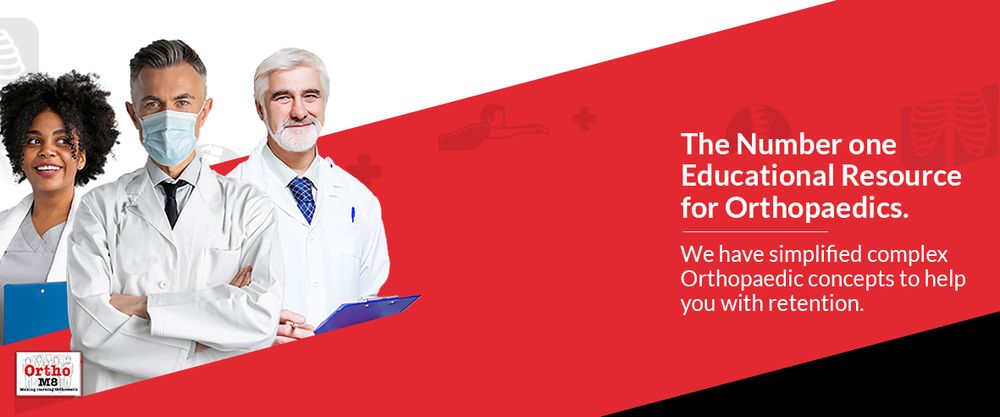Orthom8 is an independent publication launched in November 2016 by Harry Benjamin-Laing.
I always found it confusing knowing how much knowledge I needed for each stage.
This challenge has lead me to create my own categories. Let me explain
There is a balance between learning for exams and learning for your career.

Most things you learn for exams will at some point be relevant to your career.
I first started thinking about Orthopaedic surgery as a medical student. I twisted my ankle whilst playing football and sustained a deltoid ligament injury. I remember the pain of not being able to put weight through my leg. I realised that after 3 years of medical school, I still knew very little about the basic anatomy that enabled me to walk on a daily basis.
The curriculum at my medical school focused on producing more general practitioners. Thus the exams emphasised Obstetrics & Gynaecology, Paediatrics and Medicine. The lack of focus on Orthopaedics meant those interested had to go and seek it themselves.
I sought an Orthopaedic Surgeon and started the journey to achieving my goal. As a medical student, there are fundamental principles that you had to know to pass the exams. These principles are expanded on as a Doctor and then Specialist learner. Once a Specialist, it is assumed that the principles are in place. It is important to maintain continuous profession development at this stage.
This website is made with these levels in mind.

The medical student must be aware of common pathologies and their anatomy.
The non-specialised Doctor knows anatomy, common pathologies and when they need specialist management. This can be inpatient or outpatient. The non-specialised Doctor often works either in a hospital or in the community. They are often of varying seniority and experience. They may come across orthopaedic pathologies in their practice and need advice. The immediate management of orthopaedic emergencies.
The Specialised learner is enthusiastic, with varied experienced in Orthopaedics. This include those aiming at higher surgical training and those approaching exit exams. The learner understands the conditions that can be dealt with in the community and which patients need to be admitted to hospital. Which patients need urgent immediate management and the principles of definitive management. This is a large group of varying ability and the knowledge required is a continuum. Towards the end of this one is must show higher order thinking to become a specialist.
The Specialist - is knowledgeable, experienced and humble enough to know when to ask for advice from colleagues. Understands principles of management and alert to potential complications.
This website aims to produce content that guides you through the steps of learning whatever your final destination.
Subscribe today to have exclusive access to the latest animated digital materials, The Orthom8 Guide to Basic Science Drawings for Orthopaedic Exams, and more. Your subscription makes this site possible, and allows Orthom8 to continue to exist. Thank you!

Fresh content, delivered
Stay up to date with new content sent straight to your inbox! No more worrying about whether you missed something because of a pesky algorithm or news feed.
Meet people like you
Join a community of other subscribers who share the same interests.

